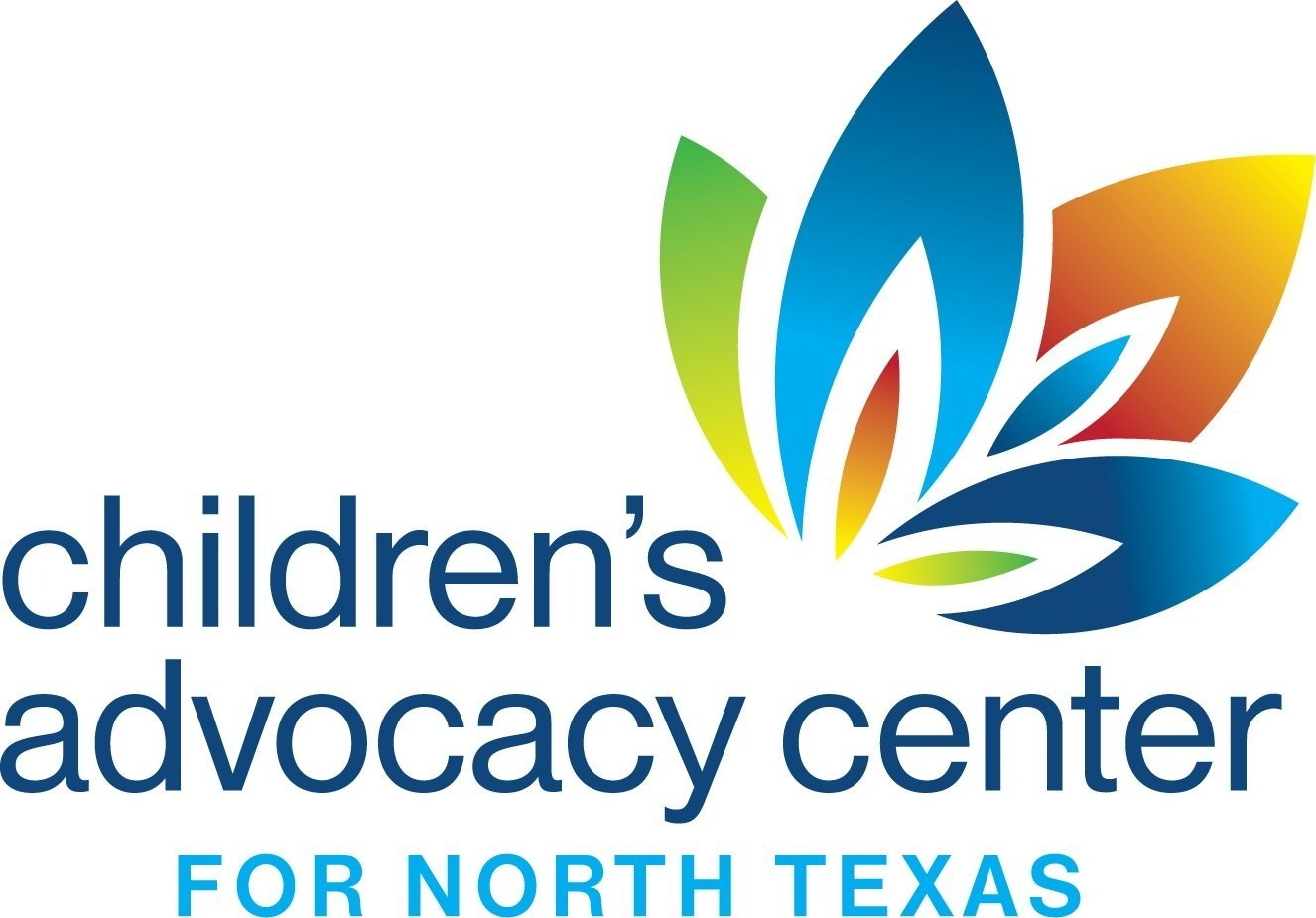Kid Safety
A program for 3rd through 5th grade offered in English and Spanish
About Kid Safety
Kid Safety is a 30-minute child abuse prevention program that focuses on safety topics regarding personal boundaries, bullying, social media, gaming, and how to report abuse.
This program is interactive, and students are encouraged to ask questions regarding the content throughout the presentation.
Statistically, one in ten children will be a victim of sexual abuse before their 18th birthday. Research demonstrates that by teaching about personal safety, children are more likely to report to a trusted adult should an abusive situation occur.
Kid Safety was created by Children’s Advocacy Center for North Texas Multidisciplinary Team in accordance with Senate Bill 9 and includes curriculum from the National Center for Missing and Exploited Children, NetSmartz, Darkness to Light, Childline, and more.
Concepts
Bullying: Bullying can have an effect on everyone including those who are bullied, those who bully, and those who witness bullying. Four types of bullying include social, verbal, physical, and cyber bullying. Parents, school staff, and adults in the community can help kids prevent bullying by educating and talking about it, creating a safe school environment, and implementing a community-wide bullying prevention strategy. U.S. Department of Health and Human Services. (2022). Stop Bullying on the Spot. Stop Bullying. https://www.stopbullying.gov/
Online safety: The internet is always evolving, so there are always new recommendations to stay as safe as possible online. Children seeing things they do not want to see online is a risk, and there are safety measures a child can take if this happens such as turning off the screen, telling a trusted adult, and reporting the website or app to the CyberTipline. More very important safety tips for children utilizing social media and online gaming include setting accounts on private, always thinking before posting, protecting privacy online, and using the block and report features. National Center for Missing and Exploited Children. (2022). NetSmartz. https://www.missingkids.org/netsmartz
Personal Boundaries: As children get older, learning to set boundaries for themselves and respecting the boundaries of others is important. Students will learn to advocate for themselves and plan for what to do if someone is not respecting their feelings or boundaries, which leads to reporting to a trusted adult.
Reporting to Trusted Adult: A trusted adult is someone a child can talk to about anything, especially when help may be needed. Adults are safe when they respect a child’s body boundaries, always believe a child, remove access from the person who hurt a child, and never ask a child to keep a secret. There are secrets that are important to TELL and surprises that are “OK” to keep. National Center for Missing and Exploited Children. (2022). Being a Trusted Adult. NetSmartz. https://www.missingkids.org/
